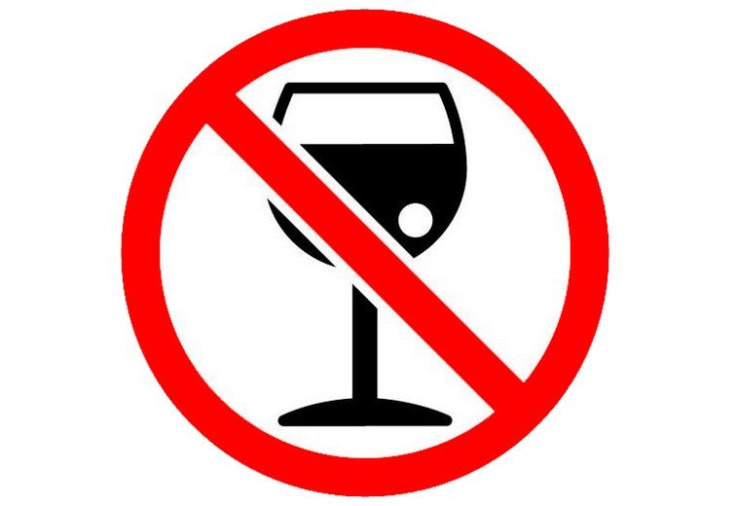Anti-Smoking Drug Chantix Also Helps Treat Alcoholics

The anti-smoking drug varenicline, which is marketed in the U.S. as Chantix, may also help treat alcoholism, according to researchers from the National Institutes of Health (NIH).
In a randomized clinical trial on 200 alcohol-dependent adults, researchers led by Dr. Raye Z. Litten of the National Institute on Alcohol Abuse and Alcoholism (NIAAA) found that varenicline helped reduce cravings for and consumption of alcohol.
The results, published online in the Journal of Addiction Medicine, suggest that varenicline treats alcoholism in a similar manner as it treats nicotine addiction among smokers. The drug partially stimulates receptors for acetylcholine, a neurotransmitter involved in the rewarding feelings that come from addictions to both nicotine and alcohol.
"Drinking and smoking often co-occur, and given their genetic and neurochemical similarities, it is perhaps unsurprising that a smoking cessation treatment might serve to treat alcohol problems," said Dr. Litten in a news release.
"Our study is the first multi-site clinical trial to test the effectiveness and safety of varenicline in a population of smokers and nonsmokers with alcohol dependence."
Alcoholism, also known as alcohol dependence, is defined by the NIH as a chronic disease has signs craving and loss of control over one's drinking. A person with alcohol dependence usually experiences withdrawal symptoms such as nausea, shakiness, anxiety after stopping drinking, and tolerance — the need to drink increasingly large amounts of alcohol to feel the same effects. About 18 million Americans have a disorder related to alcohol use, according to NIH estimates.
Testing Varenicline Efficacy in Treating Alcoholism
In the trial, 200 men and women who met criteria for alcohol dependence in the past year were assigned to take either varenicline or a placebo every day for 13 weeks. Participants averaged approximately 28 drinks per week for women or 35 drinks per week for men before they began the trial.
At the end of the 13-week period, participants in the varenicline group had significantly fewer drinks per day and alcohol cravings compared to those in the placebo group. Both smokers and non-smokers who took the medication saw benefits.
They also tolerated the medication fairly well, with some participants reporting relatively mild side effects like nausea, strange dreams, and constipation.
Researchers found that the effects of varenicline were similar to those of naltrexone and acamprosate, two other drugs that are approved by the U.S. Food and Drug Administration (FDA) to treat alcoholism. Since those drugs do not work for everyone with alcohol dependence, they believe that varenicline may be another useful tool available to clinicians.
"This is an encouraging development in our effort to expand and improve treatment options for people with alcohol dependence," said Dr. Kenneth R. Warren, acting director of the NIAAA.
A recent review confirmed that varenicline, which was approved to help smokers quit in 2006, is effective in aiding smoking cessation, though a recent FDA review also linked the drug to increased heart disease risk.
Source: Litten, RZ, et al. A double-blind, placebo-controlled trial assessing the efficacy of varenicline tartrate for alcohol dependence. Journal of Addiction Medicine. 2013 May 31.



























